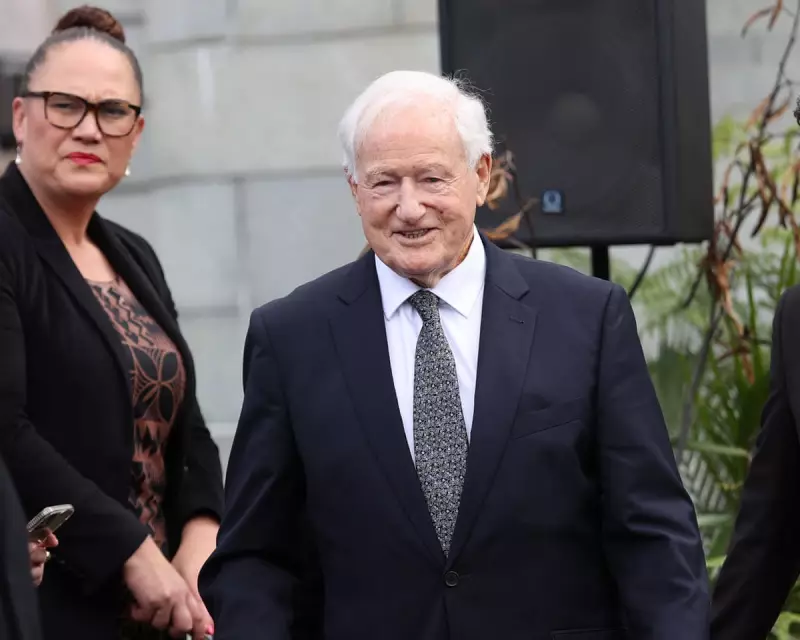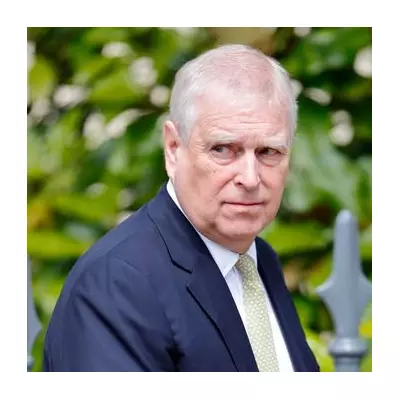
The political landscape of New Zealand is in mourning today following the announcement that former Prime Minister Jim Bolger has passed away at the age of 90. The conservative leader, who served as the country's 35th prime minister from 1990 to 1997, leaves behind a complex but transformative legacy.
Bolger's family confirmed his peaceful passing on Wednesday, sparking an outpouring of tributes from across the political spectrum. Known for his distinctive Irish accent and pragmatic approach to governance, Bolger oversaw one of the most significant periods of economic reform in New Zealand's modern history.
A Transformative Political Era
During his seven-year tenure, Bolger's government implemented sweeping changes that reshaped New Zealand's economy and social fabric. His administration was responsible for:
- The introduction of the revolutionary Employment Contracts Act
- Major reforms to the country's welfare system
- The establishment of the mixed-member proportional (MMP) voting system
- Significant advancements in Māori reconciliation efforts
Perhaps most notably, Bolger presided over the historic fiscal responsibility act that saw New Zealand achieve its first budget surplus in a generation.
From Humble Beginnings to Highest Office
Born in 1935 to Irish immigrant parents, Bolger's journey to the pinnacle of New Zealand politics was anything but conventional. He left school at just 15 to work on the family farm, yet rose through the political ranks to become one of the country's most influential leaders.
His political career spanned nearly three decades, during which he held numerous ministerial positions before ascending to the leadership of the National Party and ultimately the prime ministership.
Enduring Legacy and Contemporary Relevance
Current Prime Minister Christopher Luxon led the tributes, describing Bolger as "a giant of New Zealand politics" whose contributions continue to shape the nation. Opposition leaders similarly acknowledged his significant impact, despite political differences.
Bolger's later years saw him remain active in public life, serving as New Zealand's ambassador to the United States and taking on various governance roles. His passing marks the end of an era for New Zealand politics, but his legacy in economic reform and indigenous relations ensures his influence will be felt for generations to come.





